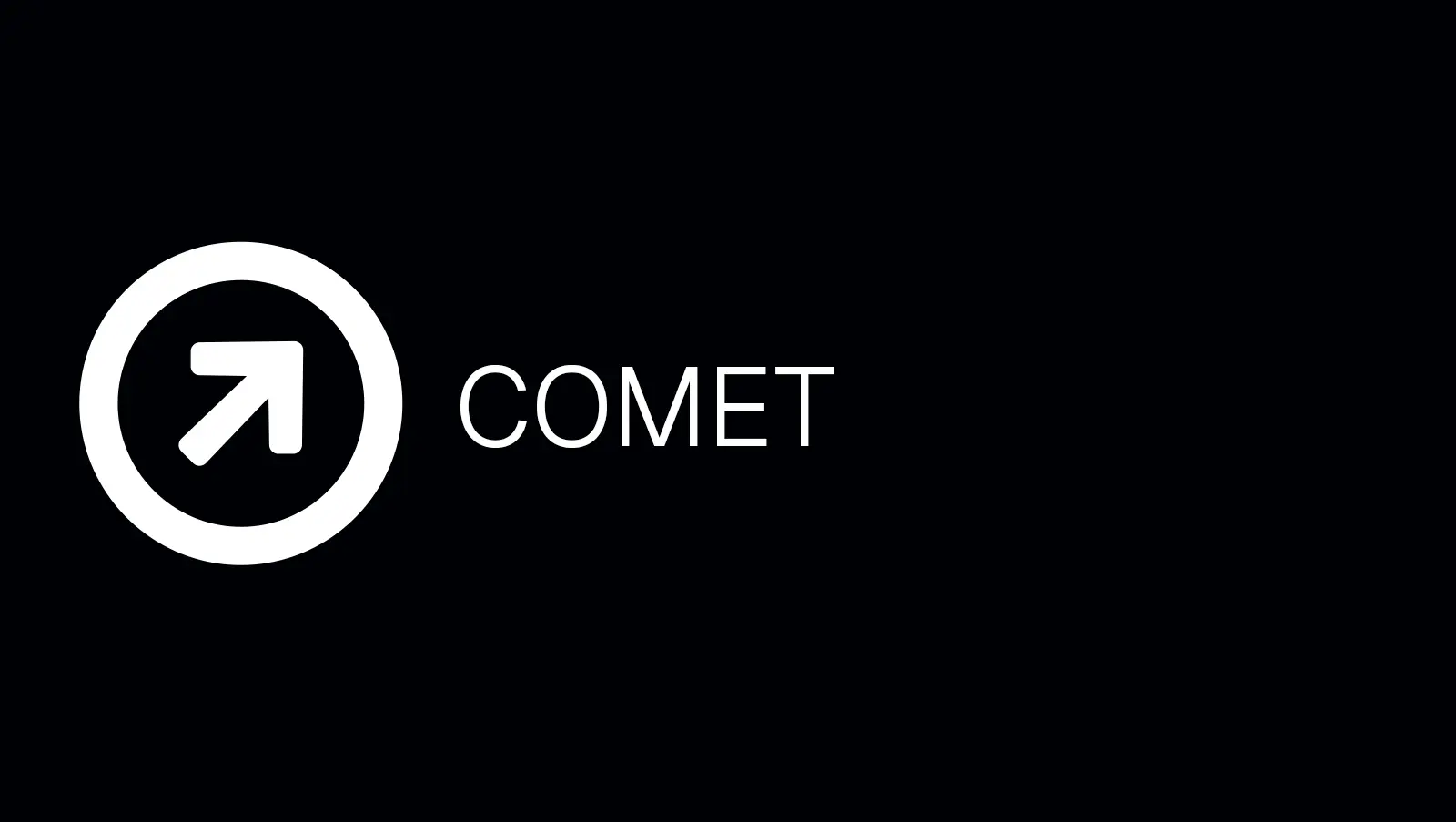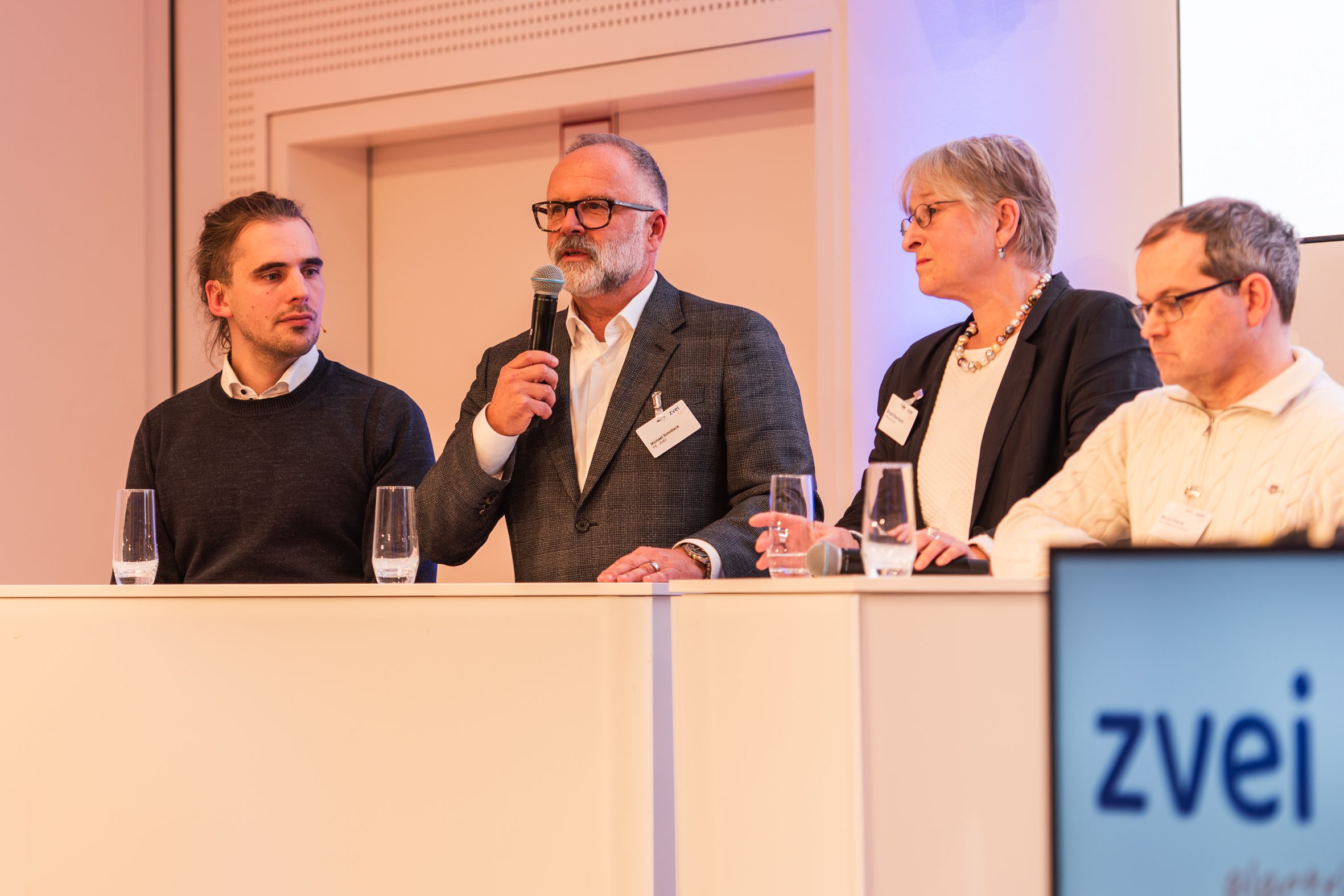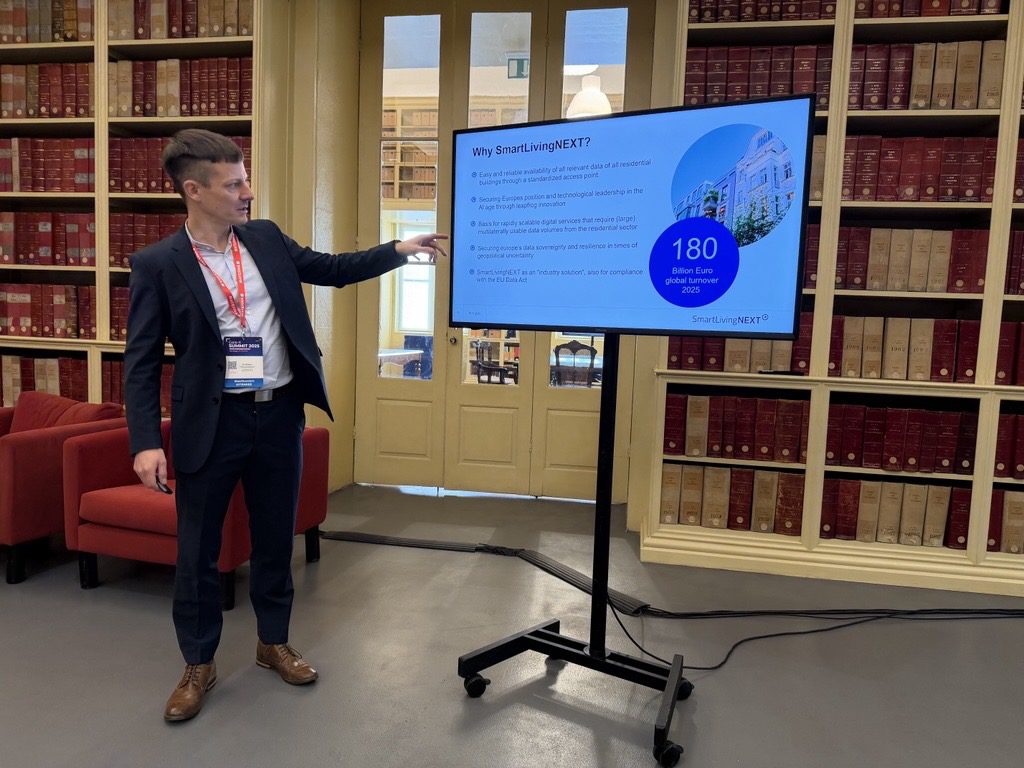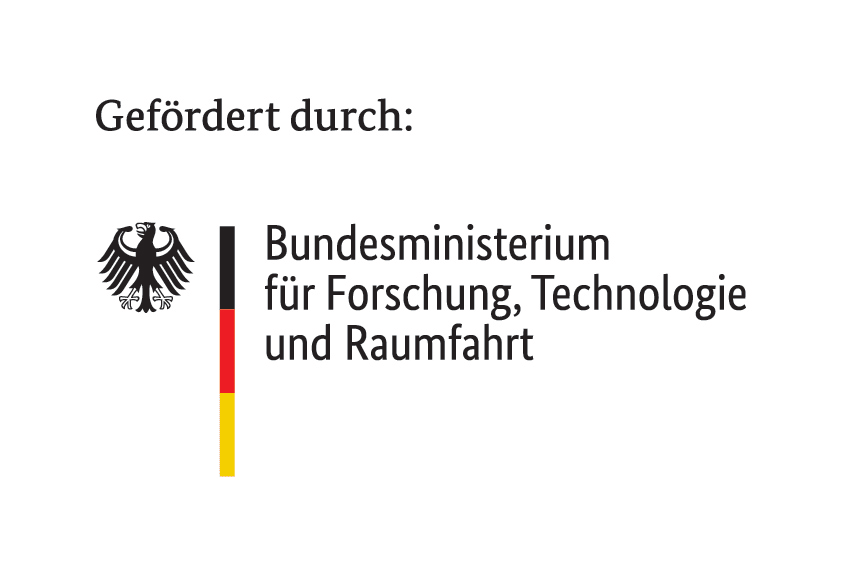“With SmartLivingNEXT, we are setting the course for the future value creation of data-driven business models in building technology.”
20. December 2023
9 minutes
In an interview, Michael Schidlack, consortium leader of the lead project, explains why the time for intelligent buildings has now come, how the development of a universal data ecosystem for smart living is to be realized and what has changed in SmartLivingNEXT compared to the predecessor project ForeSight.
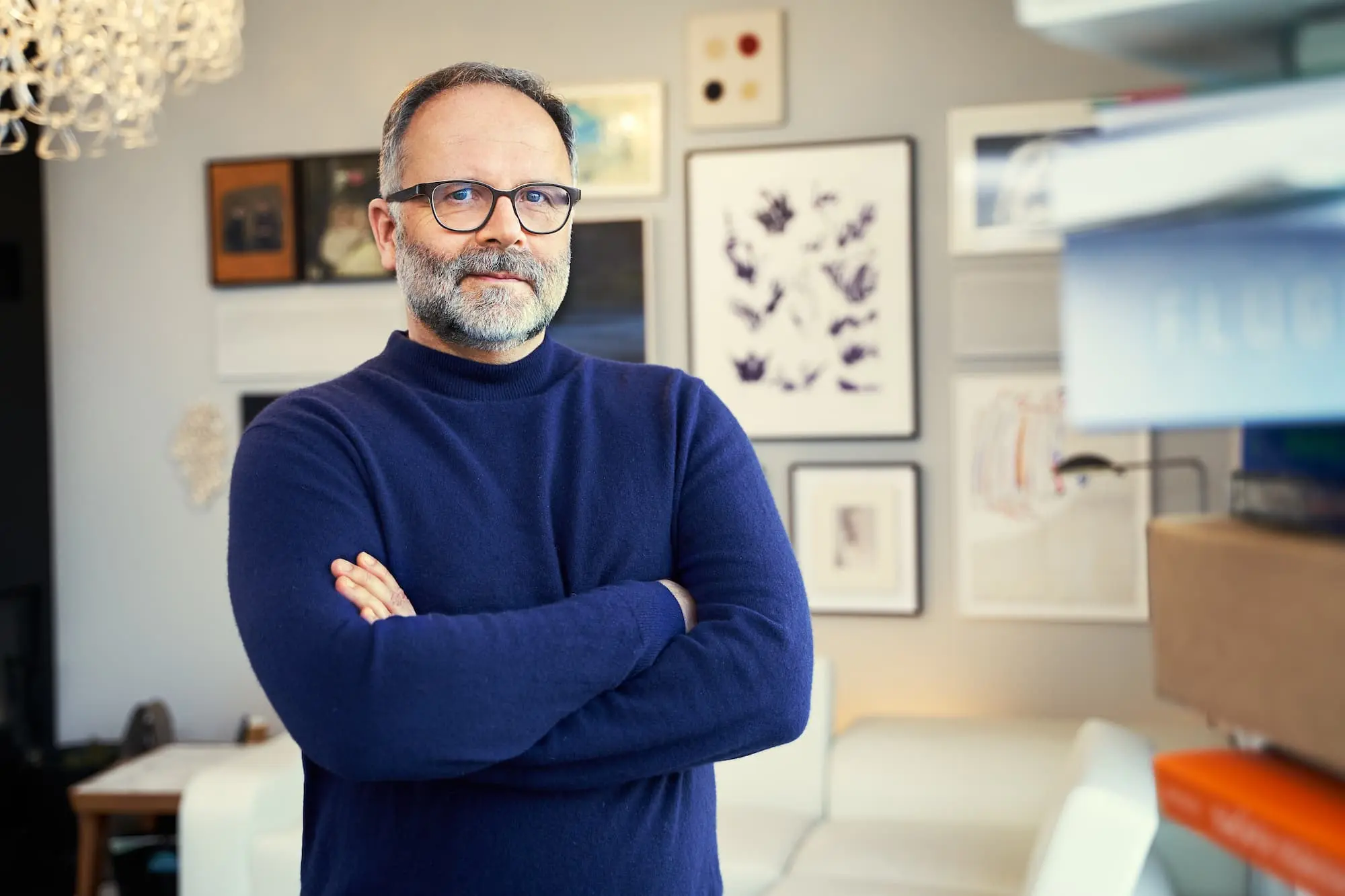
Mr. Schidlack, many people have already set up their home as a “smart home”. However, the leap to “smart living” has not yet been made in the vast majority of residential units. What are the reasons for this and what needs to happen for more smart homes to be built?
By smart home, we mean the networking of private devices that are located within the living space, while smart living goes much further. This also includes, for example, the technology located in the building envelope. Access to the data generated there is manufacturer-specific. As a result, this data often flows into so-called data silos, where it can only be merged with a great deal of building-specific effort. A lot of manual work and in-depth know-how is required before a building can become “smart”. SmartLivingNEXT drastically simplifies this process of combining data and therefore also the costs of an intelligent residential building. Once they have been brought together, many new services can be created based on them. These can then be developed in a standardized way and used in all buildings regardless of the manufacturer-specific equipment. This also makes the applications themselves more cost-effective.
SmartLivingNEXT will therefore be the first universally usable, provider-independent smart living ecosystem that brings together smart living data and makes it available for intelligent services and applications. The Federal Ministry for Economic Affairs and Climate Protection is investing 25 million euros in this project. Why does a research project like this make sense right now?
The German electrical industry is very strong, especially in an international comparison. Many German suppliers are world market leaders, particularly in building technology. However, the building technology business model is currently changing. Similar to other segments, e.g. mobility, available data is playing an increasingly important role and will sometimes even dominate business models. In order to maintain the global market position of German industry, we must react, as otherwise the added value from data-driven business models will be created elsewhere. The SmartLivingNEXT approach is the perfect answer to this situation – also in the context of the EU Data Act – and now is the right time for it. With the idea of a shared data room for smart living applications, we really are one step ahead.
In order for a smart living ecosystem to emerge, the technological foundations must first be laid. The large hyperscalers set the bar particularly high here. How do you intend to solve this mammoth task?
SmartLivingNEXT differs significantly from the usual business models of large platforms: the potential for value creation through data and its control remains with the data provider. There is no dominant platform operator, but rather an equal exchange of data. This is also an opportunity for SMEs in particular. Furthermore, SmartLivingNEXT is not an individual project. There is a consensus on this principle in Europe. This consensus is called GAIA-X and this is an initiative for a European and multi-domain digital ecosystem in which we want to embed ourselves. The mammoth task is therefore being spread across many strong shoulders with market-leading organizations and the best minds in research. They all support this technological path.
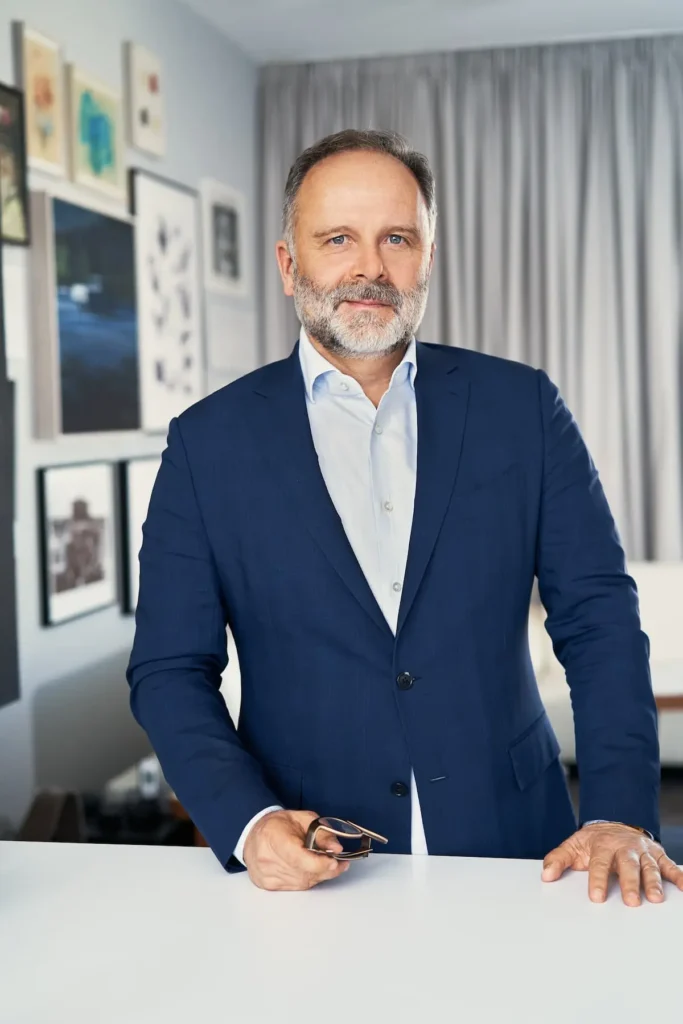
Another challenge is to ensure that sufficient data is available in the SmartLivingNEXT Dataspace. They are the raw material that will make the new smart living ecosystem attractive for companies and enable new intelligent services to emerge. However, companies and tenants have so far been rather conservative when it comes to disclosing data. How do you convince project participants to share their data?
People tend to make comparisons with things they already know. This is understandable, but at SmartLivingNEXT we are actually talking about a completely new approach. We often hear: “We don’t disclose our data”. But this is associated with misconceptions about the project. We need to do a better job of explaining this. When we talk about SmartLivingNEXT, we are not talking about disclosing data, but about sharing it. There is an important difference. Disclosure means losing control, giving away data. Data sharing, on the other hand, takes place under the full and constant control of the respective market partners. They, and not the platform, decide who to make the data available to and who not. They also decide on the business models based on their data and what else happens with it. This access or consent to use can be withdrawn at any time. The data can remain with SmartLivingNEXT in the respective original systems. It does not have to be physically “given away”.The data is therefore not necessarily stored in a huge cloud. The system only knows where the data is located and can establish the connection if necessary, but only if it is authorized to do so by the data-exchanging partners. This knowledge is not exclusive either. There can be competition between the operators of these platform services. This should actually speak for itself, it just needs to be sufficiently well known.
SmartLivingNEXT builds on the existing results of the ForeSight platform project funded by the BMWK, in which you were the consortium leader alongside Anke Hühneburg (ZVEI). Now you are once again in this role in the SmartLivingNEXT lead project. What have you learned from the previous project and to what extent are your findings being incorporated into the new funding project?
ForeSight has worked out the basics. In the preliminary project, we showed that it is technically possible to set up a shared data room for smart living data, compiled and developed the necessary tools for this and have already merged data from a wide range of source systems. At the time, we hoped that it would be enough to develop the technical foundations to attract interest from the market. However, it turned out that we were ahead of our time. GAIA-X was created a year later, in 2020, i.e. after the start of our project. In the follow-up project, we will benefit greatly from this initiative and integrate the best elements from this European project into our project design. This also includes, for example, thinking about a suitable and market-oriented governance structure and the increased alignment of the partners’ market requirements. For this task, we integrated a dedicated partner, the LMU in Munich, in the follow-up project. We have also optimized the organization and established new formats for cooperation between the partners. The BMWK’s new funding approach, which now not only supports the further development of the core technology, but also so-called satellite projects that research suitable applications for the SmartLivingNEXT ecosystem, is also extremely helpful. This gives us a completely different altitude and market penetration potential right from the start of the project. In short: all of this will increase sustainability and ensure the success of the project.
SmartLivingNEXT is also about staying ahead of the international competition and offering the German economy a good starting position to benefit from the future market of smart living. In other words, more intelligent residential buildings need to be built in the future. How do you rate the chances of SmartLivingNEXT achieving this goal?
With the new project design, the chances are very good. We have integrated all relevant stakeholders, not only manufacturers, but also utility providers, the housing industry and SMEs that program applications. All project participants agree that the approach taken by SmartLivingNEXT is the right one. By taking a sustainable market perspective into account from the outset, more and more industry experts are confirming the sustainability perspective of the project. I am certain that we will lay a foundation here on which a solid, sustainable smart living ecosystem can emerge after the end of the funding phase.
Article in audio format:
Editorial office:
Maximilian
Metzner
Category:
SmartLivingNEXT

